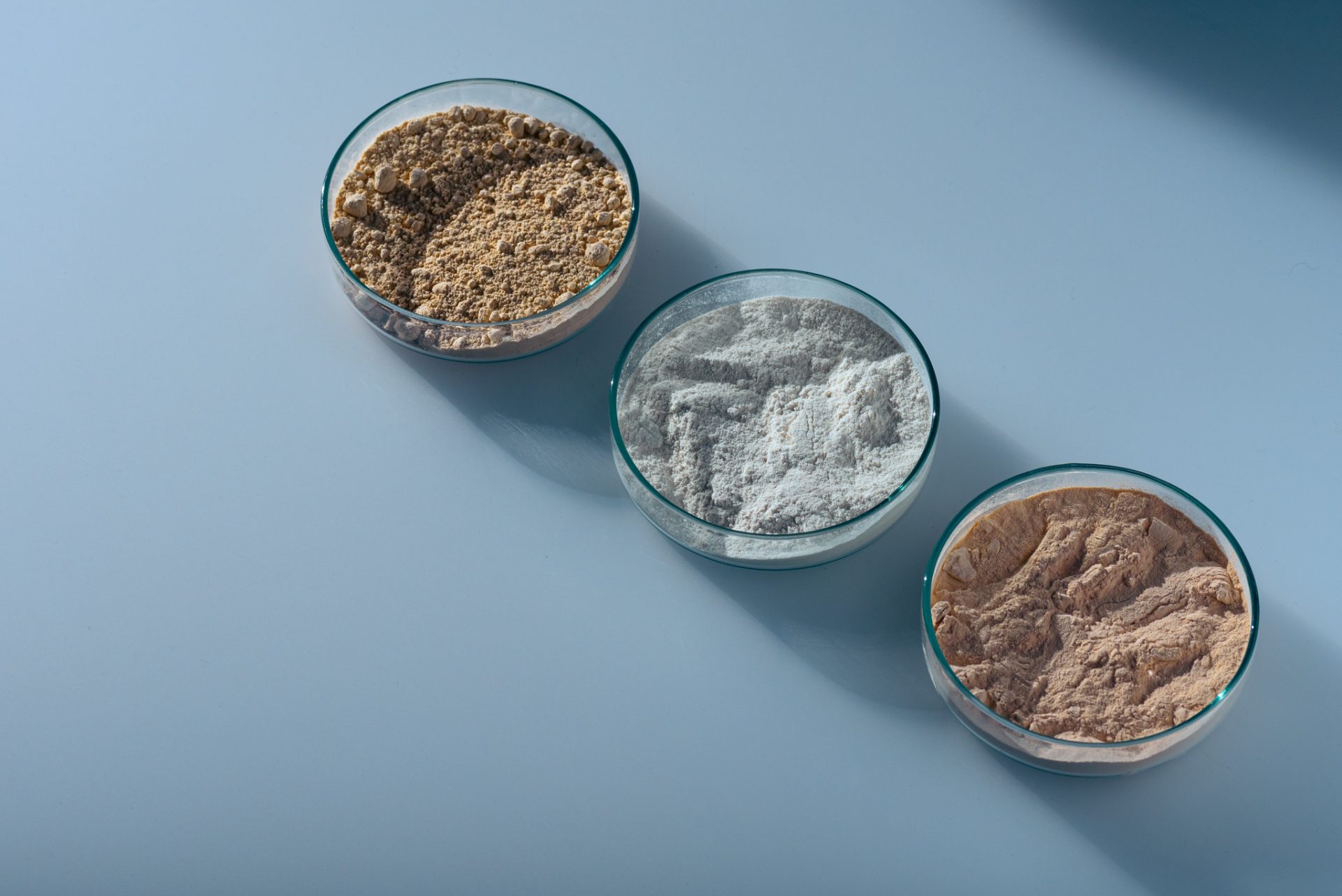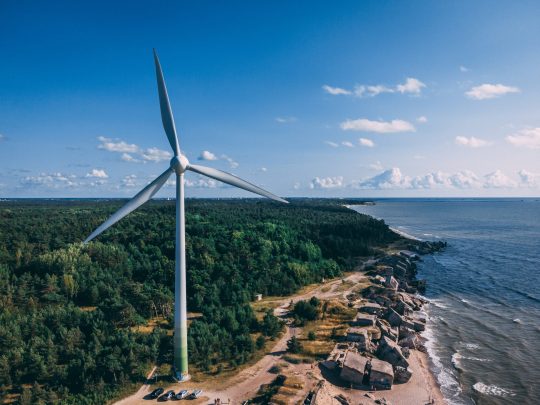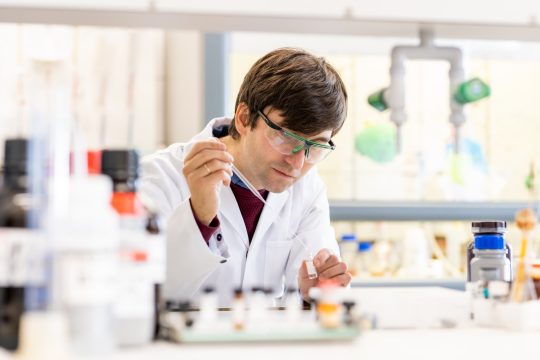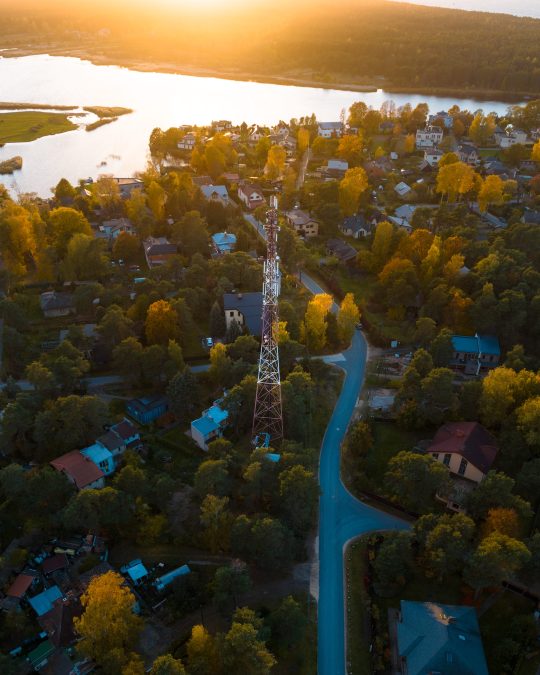Success in the knowledge-intensive bio-economy stems from a synergy of science and industry. It integrates sustainable practices in forestry, wood processing, agriculture, and fisheries, along with advancements in biotechnology and innovative food production, to generate high value-added outcomes.
Latvia’s knowledge-intensive bio-economy is driven by centres of excellence such as the Latvian Biomedical Research and Study Centre (BMC), the Latvian State Institute of Wood Chemistry (LVKĶI) and academic programmes at institutions such as the Latvian University of Life Sciences and Technologies (LBTU), the University of Latvia (LU) and Riga Technical University (RTU). Knowledge-intensive bio-economy involves the sustainable use of renewable biological resources through scientific innovation to create economic value in sectors such as agriculture, healthcare, energy and manufacturing. It emphasises biotechnology, interdisciplinary research and the development of environmentally friendly bio-based products and services.
For more information, please visit investinlatvia.org | Key sectors – Bioeconomy









